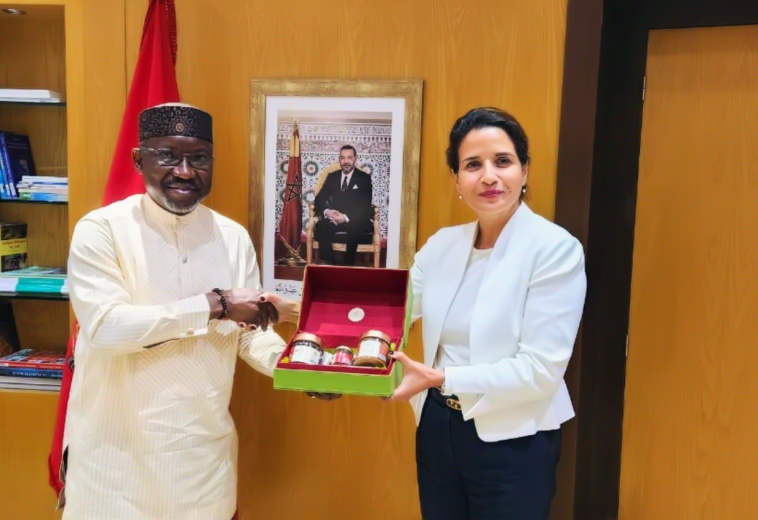Botswana heavily relies on diamonds, accounting for its foreign exchange earnings and nearly half of the government revenue, contributing to a prolonged period of positive economic growth. Presently, a significant portion of Batswanas live comfortably with good roads and access to quality healthcare. According to the World Bank, Botswana has the sixth-highest GDP per capita in Africa.
In the early 1970s, when diamond deposits were discovered in the Orapa region, Botswana recognised the potential of these precious gems and forged a partnership with De Beers, a global diamond company established in 1888, thereby forming Debswana, a joint venture that would become the backbone of the country’s diamond industry. Through meticulous planning and strategic investments, Botswana has managed to develop a world-class diamond mining industry. In addition to earning revenue from diamond sales, Botswana benefits from taxes and royalties paid by De Beers.
De Beers obtained prospecting rights in Botswana in 1938, during British rule. When Botswana initially joined forces with De Beers, it lacked expertise and resources for diamond mining. However, the country has since acquired the necessary experience, leading many to believe it can gradually disengage from the mining giant. Over successive renewals of the deal with De Beers, Botswana has negotiated increasingly favourable terms. Initially, De Beers retained all mined diamonds, but over time, the Botswana government secured an allotment, acquiring a 15 percent ownership stake in De Beers.
Botswana’s diamond industry is committed to equitable revenue distribution and sustainable diamond mining practices. The government has implemented policies to ensure that a substantial portion of diamond revenue is reinvested in social programs. This includes initiatives aimed at poverty alleviation, healthcare improvement, and education enhancement. The revenue generated has helped advance the nation’s social agenda, resulting in improved living standards for its people. Also, the country adheres to stringent environmental standards and ethical labour practices, which not only attract international investors but also ensure that Botswana’s diamonds are sought after in the global market.
However, this dependence on diamonds and a public sector-driven model have rendered the economy susceptible to external shocks. There are concerns about its sustainability. Forecasts indicate that the country’s mineral resources may be depleted within the next few decades. According to the Gini index, job creation has lagged, with a structural unemployment rate of 25.4% at the end of 2022. Addressing these multifaceted challenges requires comprehensive strategies to diversify the economy, reduce dependency on minerals, and enhance resilience in the face of economic, environmental, and social uncertainties.
While diamonds remain a cornerstone of Botswana’s economy, the government is proactively working towards diversification to ensure economic resilience. Investments in sectors such as tourism, agriculture, and technology are helping to create a more balanced and sustainable economy, reducing the nation’s dependence on diamond revenue.
A future beyond mining is feasible through strategic planning, human capital and infrastructure, and a commitment to fostering a strong economy. Countries that actively pursue economic diversification are better positioned to navigate global economic challenges and create sustainable growth for their citizens.


